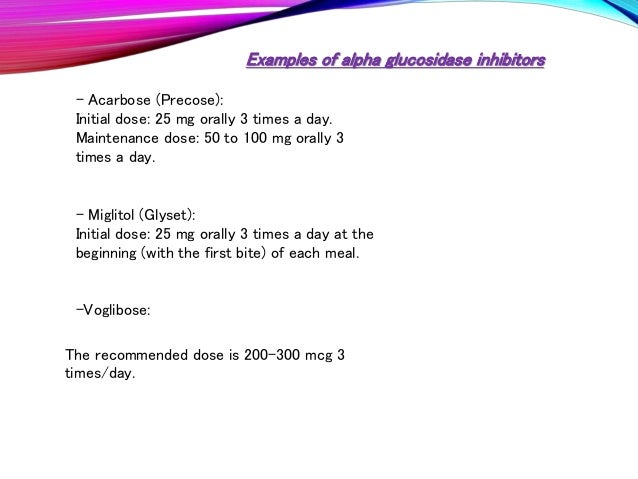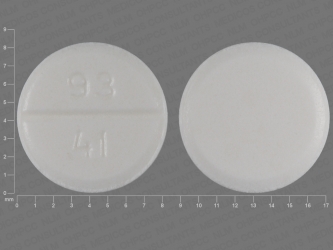Pricing, sizing, legal catgories and other medicinal forms information for metoclopramide hydrochloride. Metoclopramide is an anti-sickness medicine (known as an antiemetic). it's used to help stop you feeling or being sick (nausea or vomiting) including: after radiotherapy or chemotherapy (treatment for cancer) sickness you may get with a migraine. Learn metoclopramide with free interactive flashcards. metoclopramide bnf choose from 64 different sets of metoclopramide flashcards on quizlet. log in sign up. 8 terms. warrensharpe plus. metoclopramide. metoclopramide trade name. metoclopramide classification. in the bnf it comes under. Metoclopramide is an anti-sickness medicine (known as an antiemetic). it's used to help stop you feeling or being sick (nausea or vomiting) including:after radiotherapy or chemotherapy (treatment for cancer).
Metoclopramide can cause severe extrapyramidal effects, particularly in young adults. If metoclopramide is taken at the end of pregnancy, there is a possibility of extrapyramidal syndrome in the newborn, therefore metoclopramide should be avoided at this time. [ koban, 2014 ; mhra, 2014 ; abpi medicines compendium, 2016a ; bnf 73, 2017 ]. Metoclopramide hydrochloride is the hydrochloride salt of the substituted benzamide metoclopramide, a para-aminobenzoic acid derivative that is structurally related to procainamide, with gastroprokinetic and antiemetic activities. metoclopramide binds to dopamine 2 (d2) receptors in the peripheral nervous system (pns), antagonizing dopamine-mediated relaxation of gastrointestinal smooth muscle.
You are viewing bnf for children. if you require bnf, use bnf. metoclopramide. the interactions content in bnf publications has changed. find out more. apomorphine; metoclopramide potentially decreases the absorption of posaconazole oral suspension. manufacturer makes no recommendation. severity of interaction:. Metoclopramide oral (taken by mouth) is used for 4 to 12 weeks to treat heartburn caused by gastroesophageal reflux in people who have used other medications without relief. metoclopramide oral is also used to treat gastroparesis (slow stomach emptying) in people with diabetes, which can cause heartburn and stomach discomfort after meals.
Metoclopramide hydrochloride is an effective antiemetic and its activity closely resembles that of the phenothiazines. metoclopramide hydrochloride also acts directly on the gastro-intestinal tract and it may be superior to the phenothiazines for emesis associated with gastroduodenal, hepatic, and biliary disease. Metoclopramide is a commonly used benzamide, which crosses the blood-brain barrier and inhibits dopamine receptors within the basal ganglia. due to dopamine blockade, adverse reactions include dystonia, akathisia, and tardive dyskinesia (3). although dystonia can be relieved with the administration of antihistamines, tardive dyskinesia is a. Metoclopramide stimulates activity of the upper gastro-intestinal tract and restores normal co-ordination and tone. gastric emptying is accelerated and the resting tone of the gastrooesophageal sphincter is increased. metoclopramide is a dopamine-receptor antagonist with a direct anti-emetic effect on the medullary chemoreceptor trigger zone. Domperidone and metoclopramide mhra/chm advice—metoclopramide: risk of neurological adverse effects—restricted dose and link to children's bnf.
Metoclopramide Hydrochloride Drug Bnf Content Published
Metoclopramide is predicted to increase the risk of methaemoglobinaemia when given with topical prilocaine. manufacturer advises avoid. Metoclopramide oral is taken for only 4 to 12 weeks. never use metoclopramide in larger amounts than recommended, or for longer than 12 weeks. high doses or long-term use of metoclopramide can cause a serious movement disorder that may not be reversible. the longer you use metoclopramide, the more likely you are to develop this movement disorder. By news team. restrictions on the use of metoclopramide in both adults and children have been updated in november’s changes to the british national formulary and bnf for children.. following a review of the benefits and risks, the medicines and healthcare products regulatory agency concluded that the risk of neurological adverse effects such as extrapyramidal disorders and tardive dyskinesia.
Active ingredients size unit nhs indicative price drug tariff drug tariff price; metoclopramide hydrochloride 1 mg per 1 ml; 150: ml (pom) £19. 79. Metoclopramide is a medication used for stomach and esophageal problems. it is commonly used to treat and prevent nausea and vomiting, to help with emptying of the stomach in people with delayed stomach emptying, and to help with gastroesophageal reflux disease. Metoclopramide treatment can cause tardive dyskinesia, a serious movement disorder that is often irreversible. risk is increased with duration of treatment and total cumulative dose. discontinue metoclopramide therapy in patients who develop signs or symptoms of tardive dyskinesia.
Metoclopramide dosage guide with precautions drugs. com.
Nausea And Labyrinth Disorders Treatment Summary Bnfc
By mouth using effervescent powder sachets. for adult. 2 sachets, to be taken at the onset of attack, followed by 2 sachets every 4 hours if required, sachets to be dissolved in a quarter tumblerful of water; maximum 6 sachets per day. Summary of use during lactation. metoclopramide is excreted in variable amounts in breastmilk. after oral and intranasal administration, most infants would receive less than 10% of the maternal weight-adjusted dosage, but some receive doses that achieve metoclopramide bnf pharmacologically active serum levels, elevated serum prolactin and possible gastrointestinal side effects.
Antiemetics and qt prolongation clinical correlations.
Metoclopramide can induce acute dystonic reactions involving facial and skeletal muscle spasms and oculogyric crises. these dystonic effects are more common in the young, especially girls and young women; they usually occur shortly after starting treatment with metoclopramide and subside within 24 hours of stopping it. Metoclopramide can induce acute dystonic reactions involving facial and skeletal muscle spasms and oculogyric crises. these dystonic effects are more common in the young (especially girls and young women) and the very old; they usually occur shortly after starting treatment with metoclopramide and subside within 24 hours of stopping it. Metoclopramide oral tablet is a prescription drug that’s available as the brand-name drugs reglan and metozolv odt. it’s also available as a generic drug. generic drugs usually cost less than. Detailed metoclopramide dosage information for adults and children. includes dosages for gastroesophageal reflux disease, gastroparesis, nausea/vomiting chemotherapy induced and more; plus renal, liver and dialysis adjustments.
Advice On Metoclopramide And Benzodiazepines Updated In
Metoclopramide is a medication used for stomach and esophageal problems. it is commonly used to treat and prevent nausea and vomiting, to help with emptying of the stomach in people with delayed stomach emptying, and to help with gastroesophageal reflux disease. it is metoclopramide bnf also used to treat migraine headaches.. common side effects include: feeling tired, diarrhea, and feeling restless. Metoclopramide is used to relieve heartburn and speed the healing of ulcers and sores in the esophagus (tube that connects the mouth to the stomach) in people who have gastroesophageal reflux disease (gerd; condition in which backward flow of acid from the stomach causes heartburn and injury of the esophagus) that did not get better with other treatments.


0 Response to "Metoclopramide Bnf"
Post a Comment